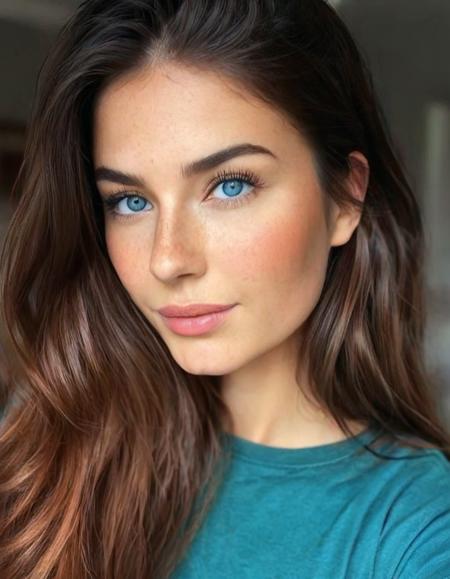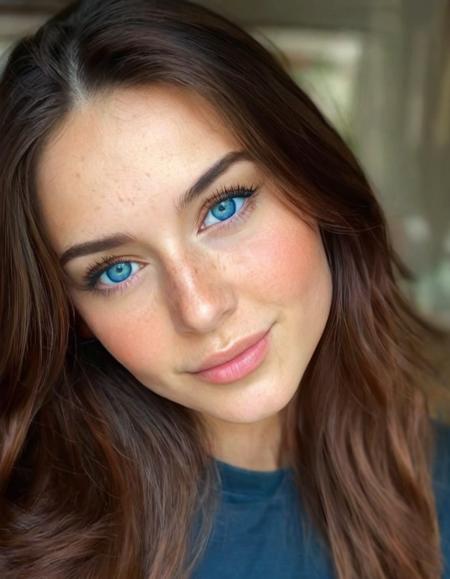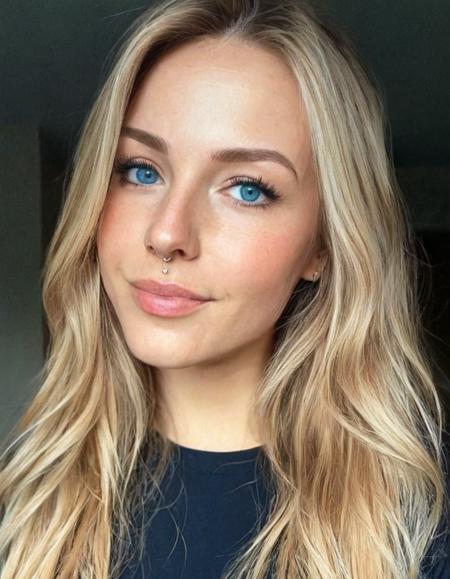**Read license and restrictions section before use.
Samples:

|

|

|

|

|

|

|

|

|

|
Diffuser model for this SD checkpoint on CIVITAI:
https://civitai.com/models/492985/realisticmodelproxlaqheodd
Usage
Here's a quick example to get you started with generating images using a pre-trained diffusion model
For more information, please have a look at the Stable Diffusion XL .
from diffusers import StableDiffusionXLPipeline
import torch
model_id = "aiscilabs/RealisticProXL_V0.1.0_alpha"
pipe = StableDiffusionXLPipeline.from_pretrained(model_id)
pipe = pipe.to("cuda")
triggers = "hyper realistic,aqheodd, realistic style"
prompt = "a woman with long blonde hair and a black shirt, 1girl, solo, long hair, looking at viewer, smile, blue eyes,
blonde hair, shirt, closed mouth, upper body, lips, black shirt, piercing, ear piercing, realistic, nose, detailed, warm colors,
beautiful, elegant, mystical, highly"
negative = "unrealistic, saturated, high contrast, big nose, painting, drawing, sketch, cartoon,
anime, manga, render CG, 3d, watermark, signature, label,normal quality,bad eyes,unrealistic eyes"
prompt = ",".join([triggers,prompt])
image = pipe(prompt,negative_prompt=negative).images[0]
image.save("image.png")
Overview
Foundation
Base Architecture: It builds upon the traditional Stable Diffusion framework SDXL 1.0, leveraging a deep learning architecture primarily based on diffusion models.
Data Training: Fine-tuning involves training the model on a diverse dataset of Female images(to be mereged with the Male version), paired with relevant textual descriptions and advanced captioning. This extensive training enables the model to understand intricate details and nuances in both images and texts.
Capacity
Scalability: The SDXL model is designed to operate at an exceptionally high resolution, often far exceeding standard models.
This high-resolution capability allows for richly detailed and lifelike images.
Complexity Handling: Thanks to its fine-tuning process, the SDXL model excels at capturing nuances such as lighting gradients, textures, and subtle variations in color, making it capable of generating highly realistic and contextually appropriate images.
Fine-tuning Techniques
Optimization
Hyperparameter Tuning: During fine-tuning, hyperparameters such as learning rate, batch size, optimizer and diffusion noise parameters are carefully adjusted to balance the model’s performance and stability.
Loss Functions: Advanced loss functions that focus on fine-grain details and perceptual quality are employed to improve the realism of the generated images.
Training Data
Diverse Datasets: The model is exposed to a diverse range of Female human portraits images.
Contextual Understanding: Text-image pairs are curated to enhance the model's understanding of context, leading to outputs that are not only visually impressive but also contextually relevant.
Features
Realism and Detail
High Fidelity Image Generation: The fine-tuned SDXL model generates Female images with impeccable attention to detail, from the texture of surfaces to the interplay of light and shadows.
Dynamic Range: It effectively handles a wide range of dynamic scenes, from quiet, serene landscapes to bustling urban environments, capturing the essence of the scene.
User Interaction
Text-to-Image Flexibility: Users can input complex and nuanced text prompts, and the SDXL model can interpret and generate corresponding high quality images that are rich in detail and highly realistic.
For better results ,a model token needs to be included : aqheodd
License
This project is licensed under the CreativeML OpenRAIL++-M license. See the Stable Diffusion License file for details.Restrictions
- You Can't use the model to deliberately produce nor share illegal or harmful outputs or content
- You Can't Sell images the model generate. - No selling images
- You Can't Sell this model or merges using this model. - No selling model
- You Can't Run or integrate the model on services that generate images for money -No generation services
- Downloads last month
- 25